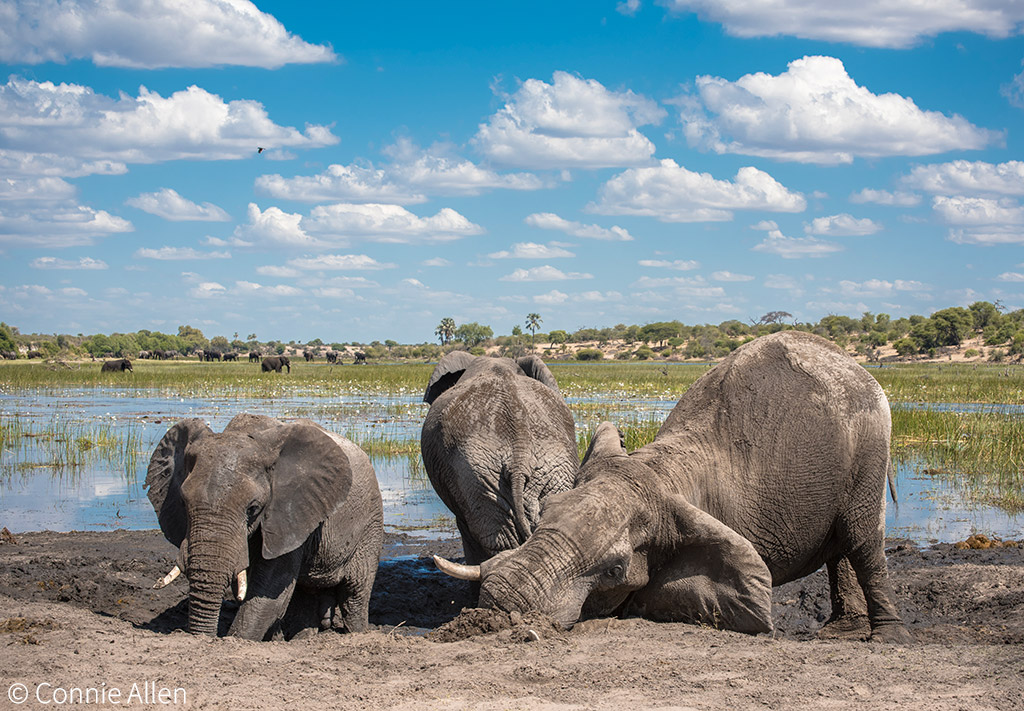
There is a significant amount of research and knowledge surrounding the role that older female African savannah elephants play in decision-making and leading their herds, but little is understood about the contribution of older males. The assumption has generally been that these old bulls are largely redundant in terms of the overall survival of the population, but a new study conducted in Botswana has yielded results that challenge this conclusion. Instead, researchers argue that the selective harvesting of older males (through trophy hunting and illegal poaching) could have detrimental effects on wider elephant society.
The authors explain that when animals move as a coordinated group, specific individuals may consistently be observed to influence the decisions and routes taken – whether due to their hierarchical dominance, a bolder temperament or advanced age. In species with a relatively long life expectancy, such as elephants or killer whales, older individuals have been seen to respond more appropriately to a change in environment, as well as mobilising in response to potential threats. While research into this area has tended to be mostly female-focused, there is no reason why there should be a sex-based distinction in the accumulation of knowledge over time, nor is it necessarily the case that males do not have the potential to occupy socio-cognitive roles similar to the females of the species – acting as “repositories of ecological knowledge”.
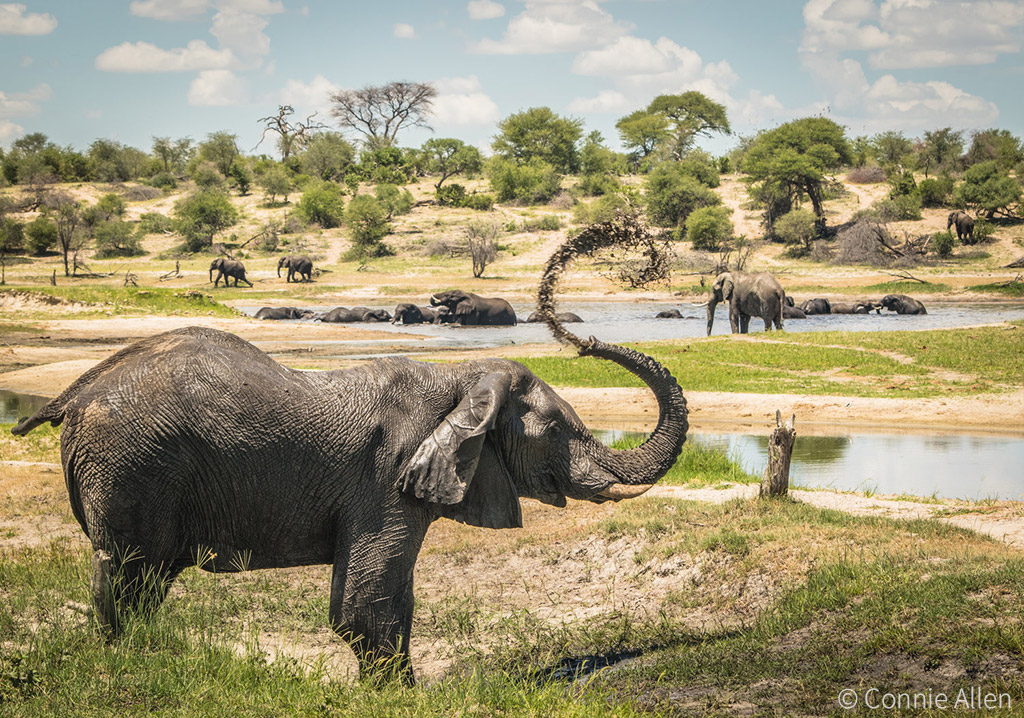
In social animals, males are typically the dispersing sex and, therefore, are assumed to be replaceable. In elephants, the males tend to leave their natal herds between 10-20 years of age, roaming vast distances and often forming temporary associations with other males of various ages. In associating with older males, the study explains, adolescent bulls could benefit from decades’ worth of experience in utilising their environment effectively while negotiating potential risks such as conflict with people.
The study was conducted in the Makgadikgadi Pans National Park – where male elephants account for some 98% of the elephant sightings. The researchers focussed on all-male groups travelling on pathways to and from the Boteti River. The results indicate that young elephants show a significant preference for travelling in groups and that mature adult males were more likely to lead these group movements. These findings applied throughout the year in both the wet and dry seasons, suggesting that these mature bulls offer a significant contribution to elephant society, regardless of the season. The researchers found little evidence that size (particularly stride length) influenced the positioning of individual elephants in the group.
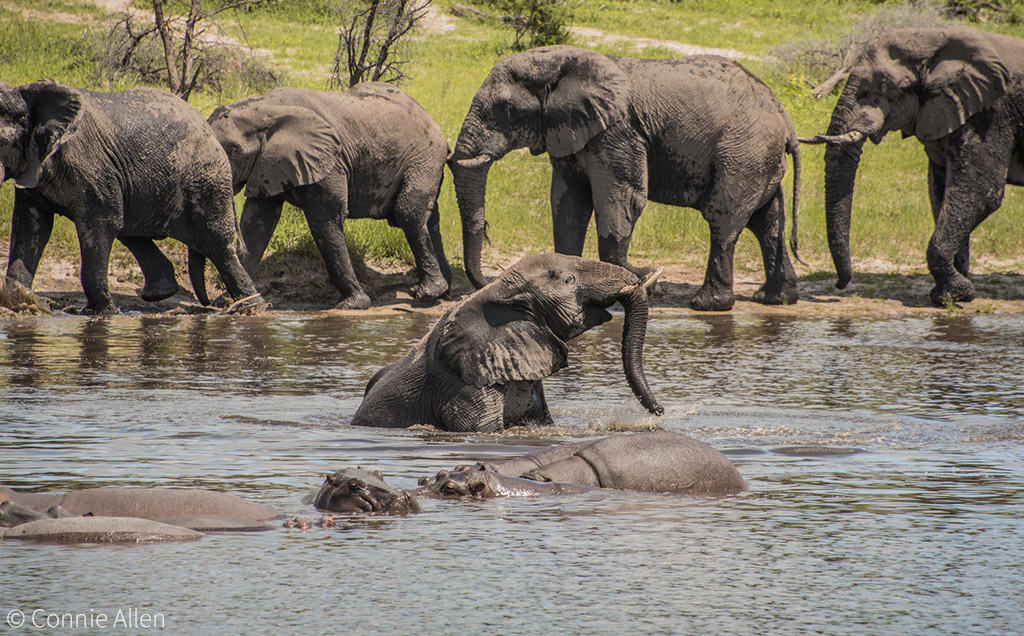

This observed pattern of movement is in direct contrast to that of a breeding herd, where the matriarch will initiate movement and direction but generally move to the back of the group where she can monitor the members of the herd. The process appears to be more passive in male leadership, with the older elephant making decisions and the younger members of the group choosing to follow them. It is, however, an essential role in the male society of elephants, particularly when leading young males between crucial resources such as water.
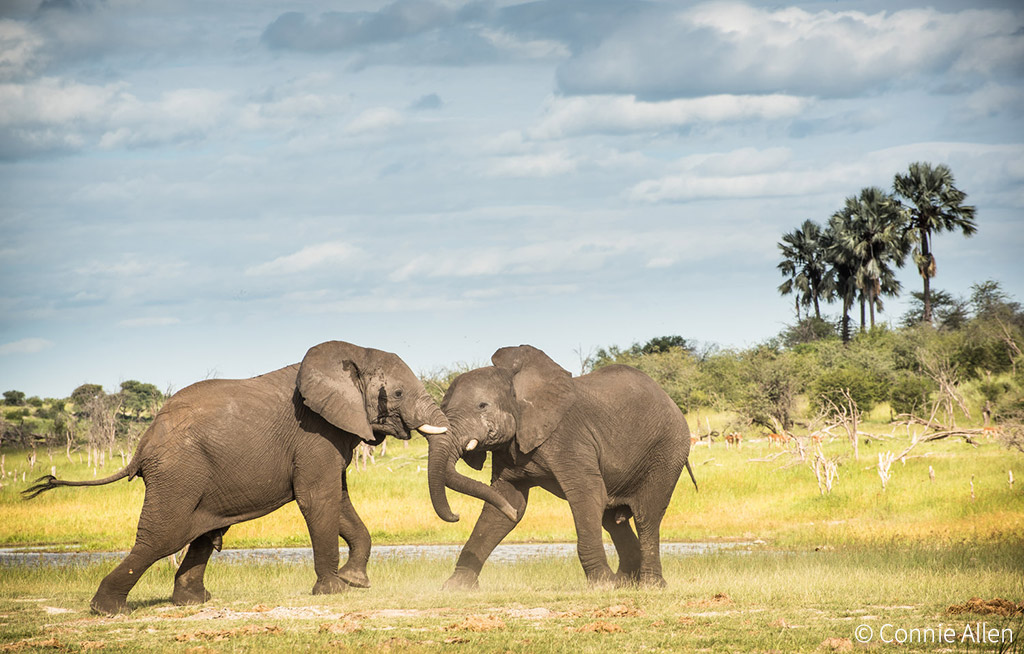
While they represent the minority in elephant populations, bull elephants are targeted by trophy hunters and poachers due to their larger body sizes and tusks. The researchers suggest that their findings regarding the leadership of older males during collective movement complements other research into the importance of mature bulls in all-male societies. The study expresses concern that targeting these old male animals in trophy hunting could disrupt these all male-societies, as well as the “inter-generational flow of information concerning decades of accumulated ecological knowledge, such as effective navigation and location of critical resources”. Instead, the authors suggest, the role of mature bulls should be recognised as similar in male groups as that of a matriarch in a breeding herd and, as such, they should be afforded equal protection.![]()
The full study can be accessed here: “Importance of old bulls: leaders and followers in collective movements of all-male groups in African savannah elephants (Loxodonta Africana)”, Allen, C., Brent, L., et al (2020), Scientific Reports
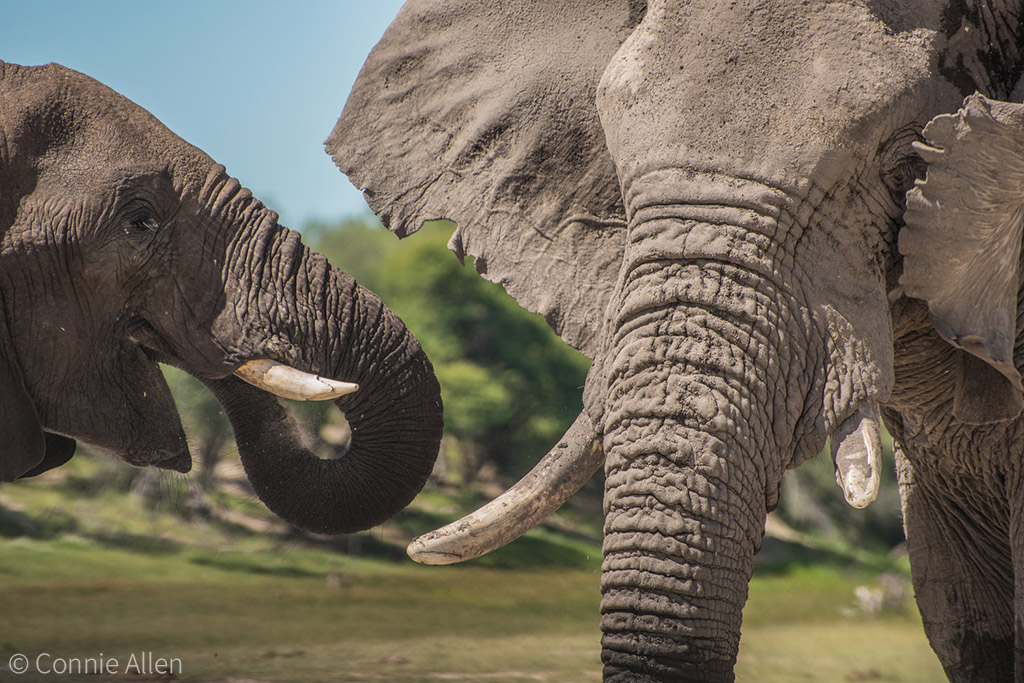
To comment on this story: Login (or sign up) to our app here - it's a troll-free safe place 🙂.![]()






